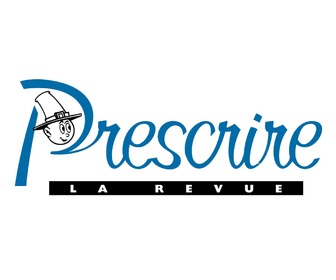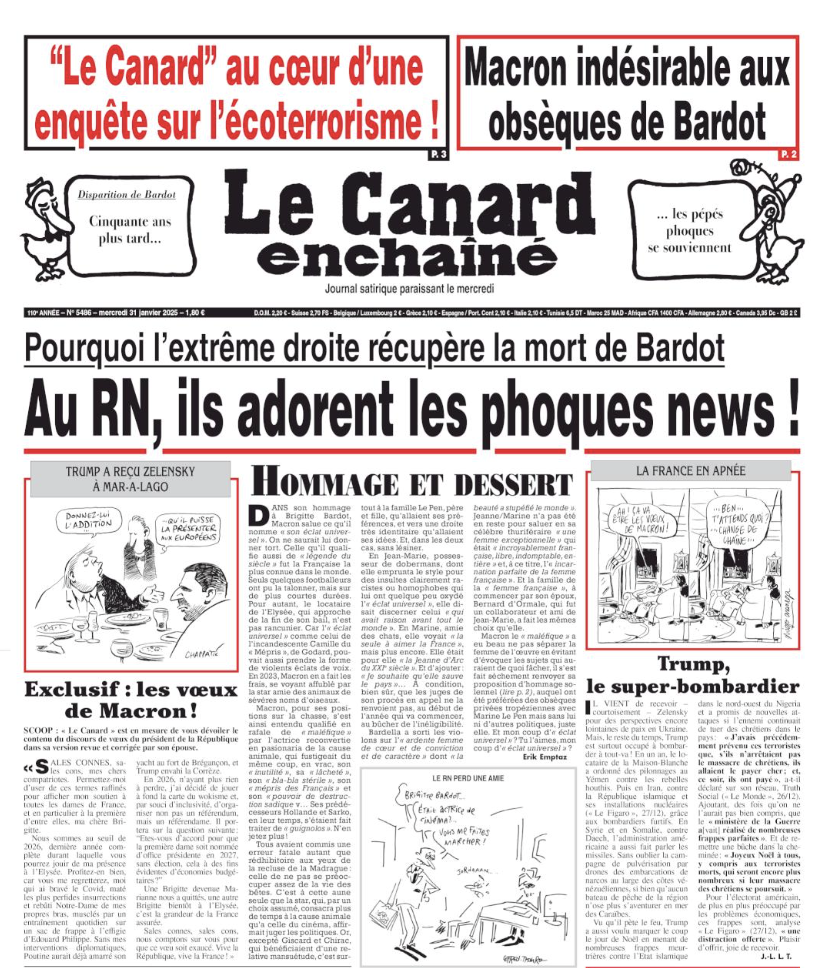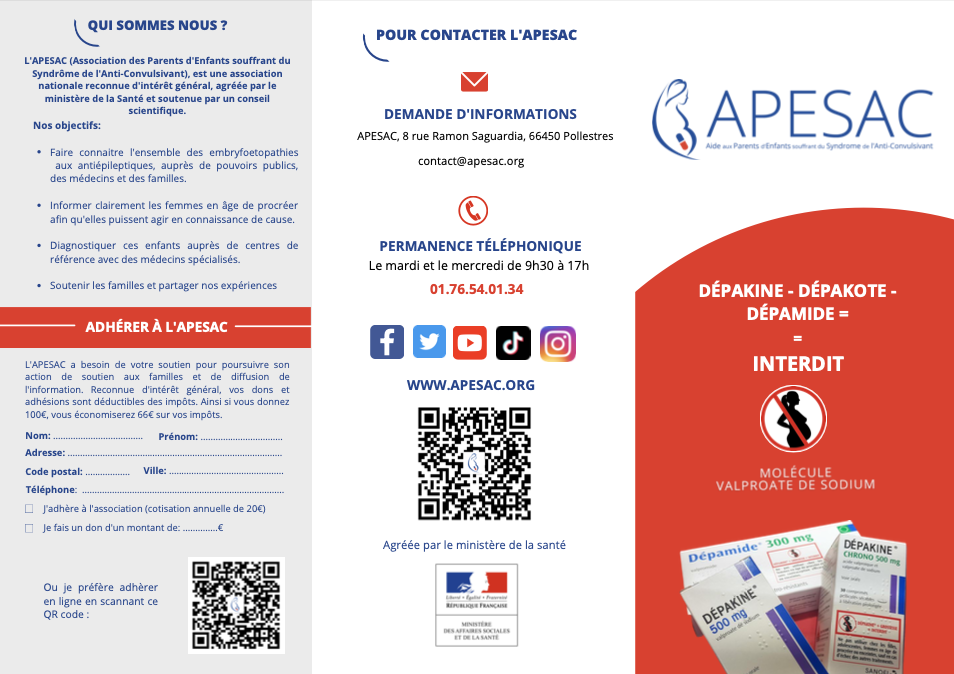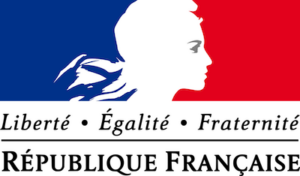BMJ
The pharmaceutical company Sanofi has been ordered to pay more than a quarter of a million euros to a mother in France whose children were harmed in the womb by side effects of the epilepsy drug Depakine (sodium valproate).
The Paris judicial court ordered the French drug company to pay Marine Martin and her two children nearly €285 000 (£240 000; $317 000) in compensation for birth defects caused by the drug she took during her pregnancies between 1998 and 2002.
“This is the result of a 12 year battle,” said Martin’s lawyer Charles Joseph-Oudin. “Inexplicably, Sanofi continues to reject any responsibility. It is urgent for it to change its attitude of contemptuous denial.” He said he would keep up the pressure through criminal litigation, class action suits, appeals before the Paris appeal court, and individual cases “until one day a court rules that the company is fully responsible.”
In the latest ruling, the civil court refused to recognise a 10 year statute of limitations and condemned the company for maintaining the drug on the market while knowing it could cause physical malformations or neurological disorders in fetuses. The court criticised the company for failing to inform patients of the risks pinpointed in scientific literature, and for neglecting to conduct wider studies on the effects of the drug, which has been on the market since 1967. The latest estimates for the number of children with birth defects date back to 2016. According to the French public health insurance administration and medicines agency (ANSM), Depakine taken during pregnancy is the cause of malformations in 2150 to 4100 children and neurological disorders, such as autism, in 16 600 to 30 400.
In Martin’s case, her daughter Salomé was born with malformations to her face and has dyspraxia and cognitive and visual problems. Martin’s son Nathan, the younger of the two children, was also born with malformations to his face, as well as to his hands and penis. He has undergone two operations, has developed attention and language disorders, and has been diagnosed with autism.
Sanofi was indicted in 2020 for giving insufficient warning of the dangers of the drug to pregnant women(1) In this case, APESAC (Assistance for parents of children born with anticonvulsant syndrome), an 8000 member association that Martin created in 2011 to represent victims’ families, accused the largest French pharmaceutical company of aggravated deception and unintentional deaths and injuries.
Martin said pregnant women in France continue to take the drug. “I keep tellingANSMthat there are still far too many,” she told The BMJ. “And it is many more than in the UK, where I believe communications are much better.”
Joseph-Oudin led a successful class action suit for APESAC in 2022. He has lodged claims with ONIAM, the government’s medical accident compensation agency, for 700 children, or 2500 including members of their families. “There are as many more to come,” he said.
By 31 August this year, ONIAM figures obtained by Joseph-Oudin show that Depakine claims filed with the agency totalled 4064, including for 946 children. Altogether, 1660 patients, including 349 children, had settled for compensation of €79.7m.
Martin’s husband and children accepted €16 000 from ONIAM, but the 52 year old Martin continued the battle. The court awarded her €80 000 for loss of earnings, and €47 500 for each child.
A Sanofi spokesperson confirmed to The BMJ that it will appeal the ruling, and said in an email that the court had dismissed a legal experts’ report which concluded that Sanofi had fulfilled its information obligations in view of “the known and published data” when the problems arose.
It is the health authorities, and not the company, who decide what information should be passed on to doctors or patients, the spokesperson said. “It is then up to the prescribing doctors to decide case by case whether the treatment is appropriate,” they added. The spokesperson said the risks of fetus malformation have been mentioned in documents sent to doctors for more than 40 years. More recently, information about neurological problems was also included. Despite repeated requests, “the health authorities refused to allow the risks to be included in the patient information leaflet until 2010,” they said. The BMJ askedANSMfor reaction to Sanofi’s remarks, but had not had a response by the time of publication.
(1) Dyer C. Sodium valproate: Sanofi is indicted in France for failing to warn adequately about birth defects. BMJ 2020;368:.pmid: 32033964
Source article : Valproate: Sanofi ordered to pay €285 000 to mother whose children had birth defects






